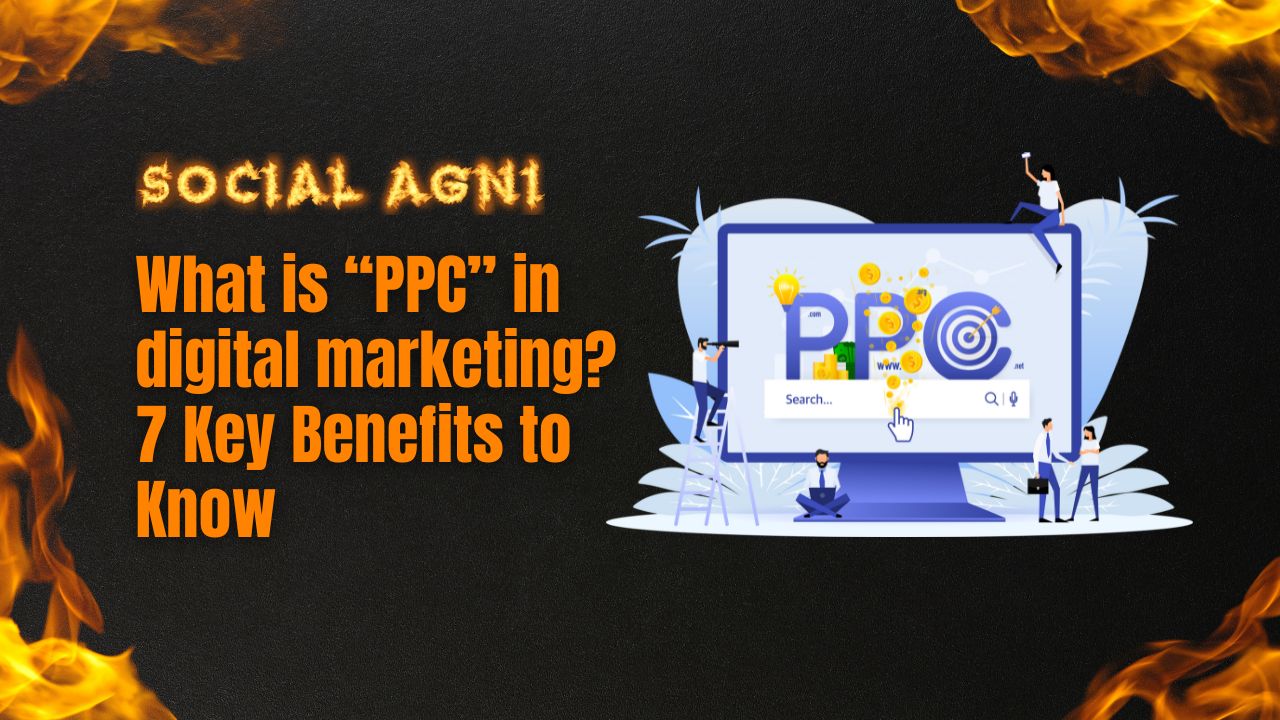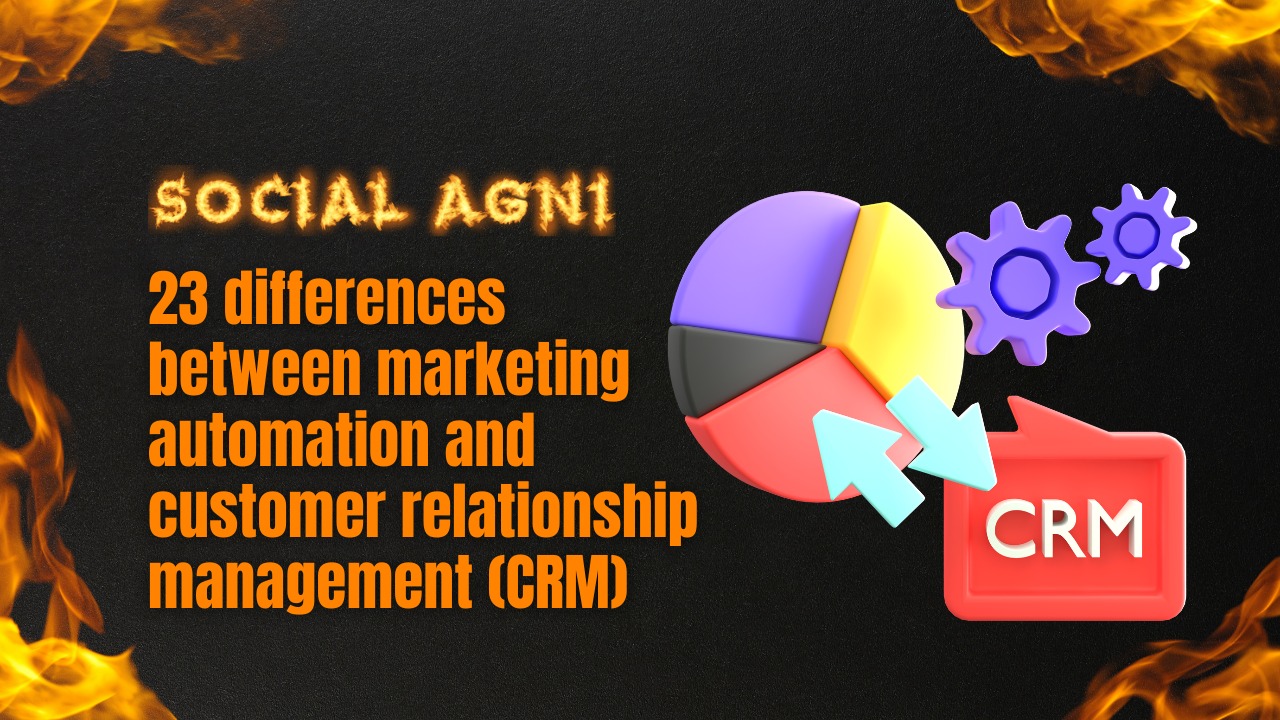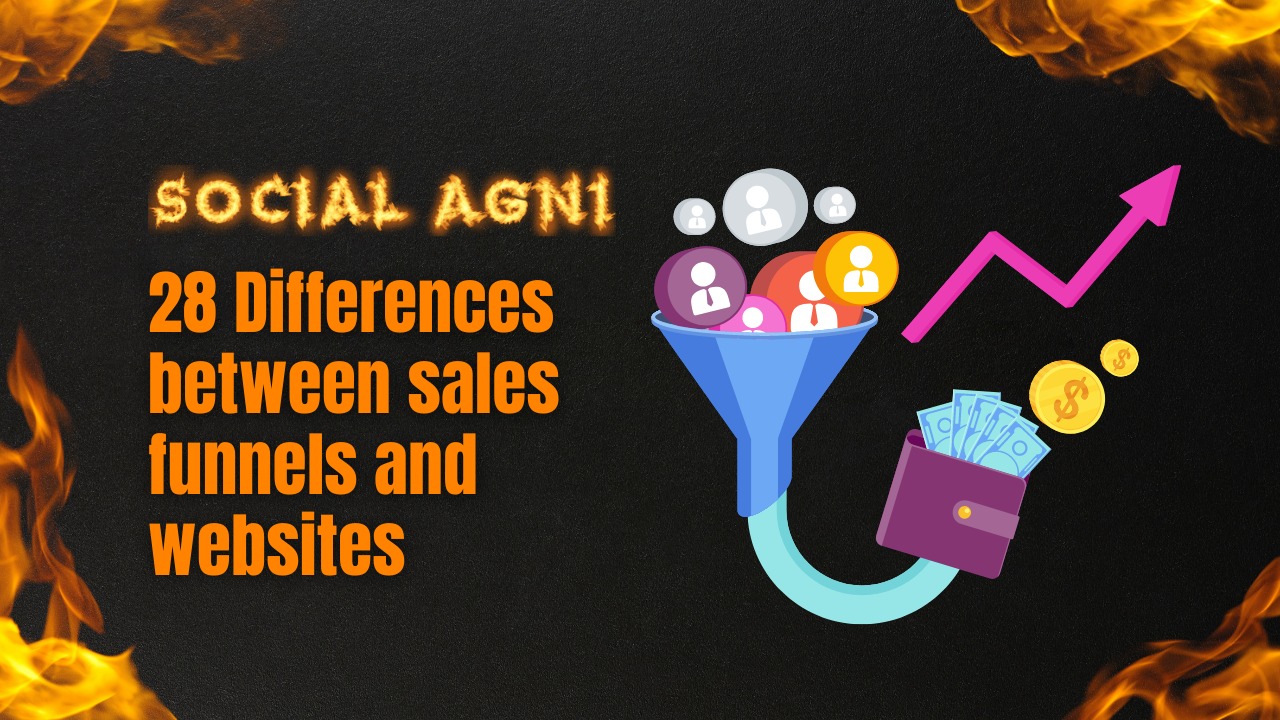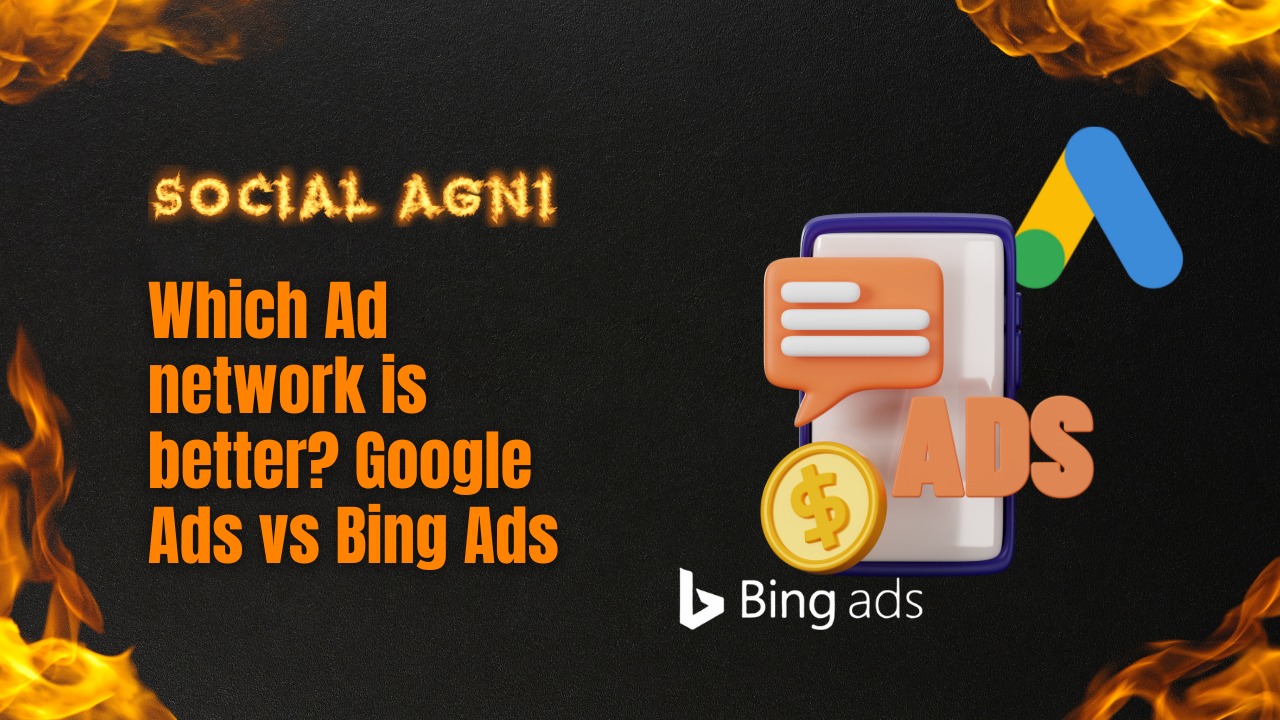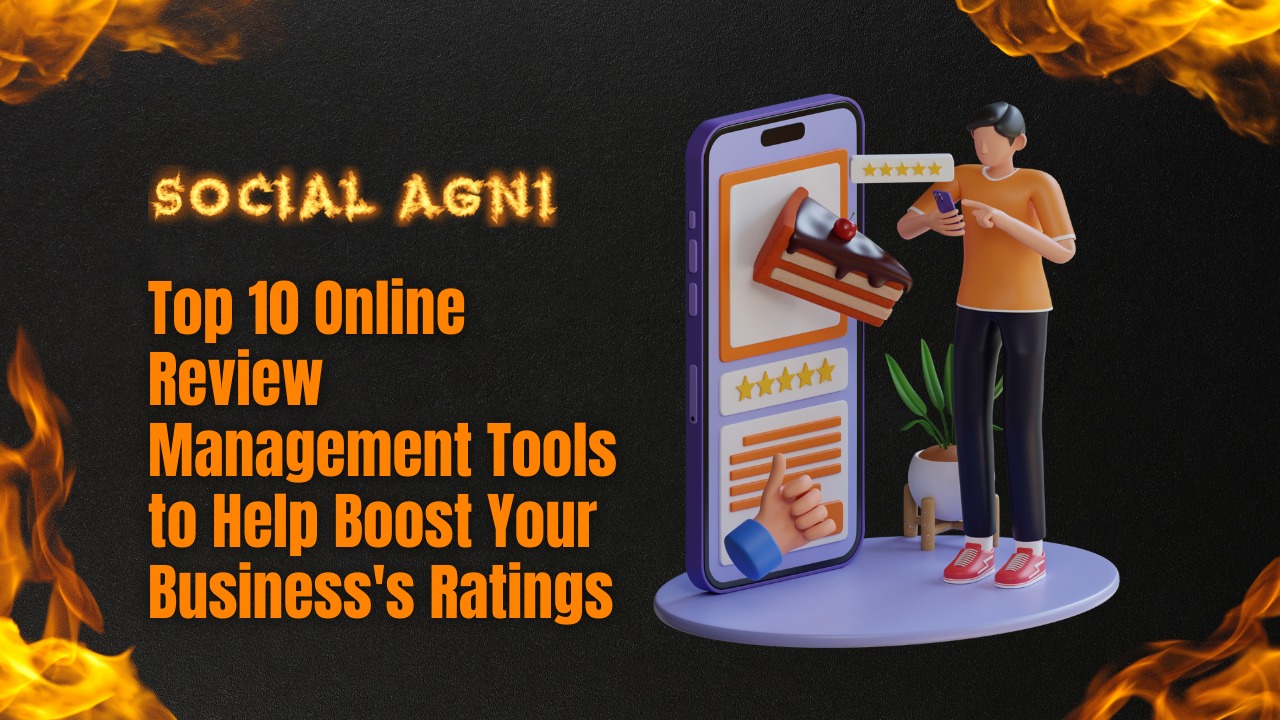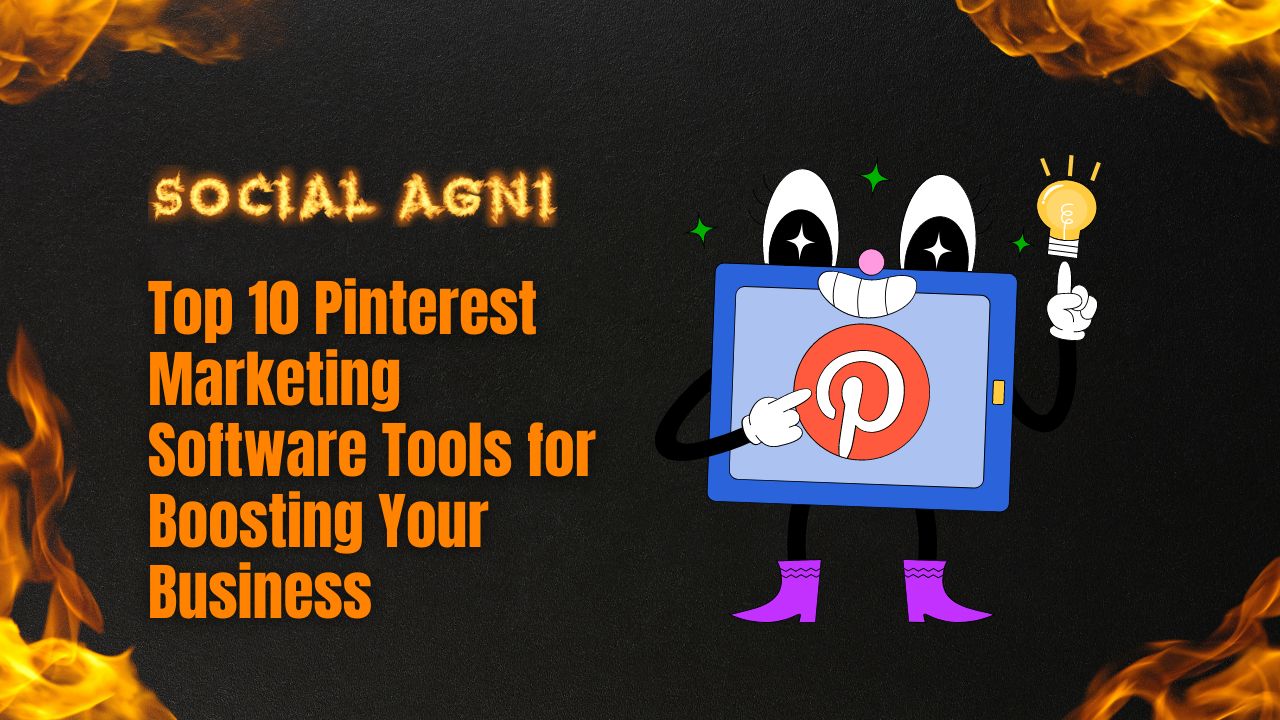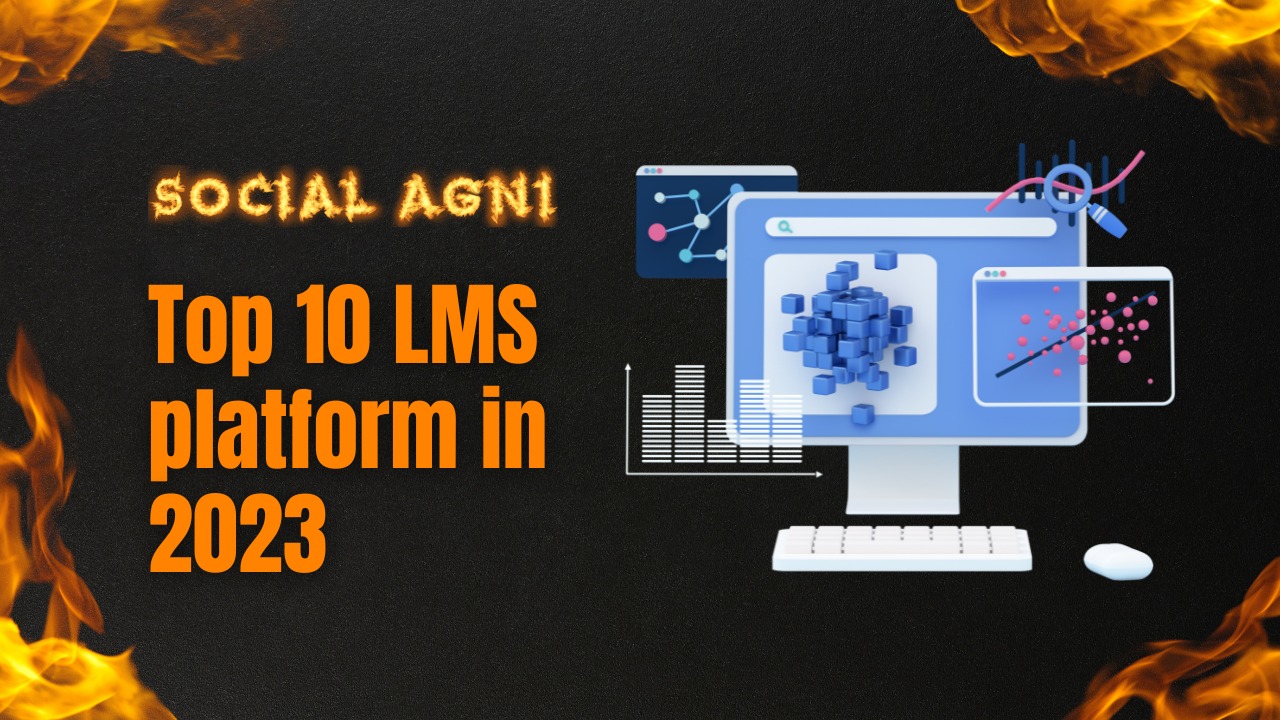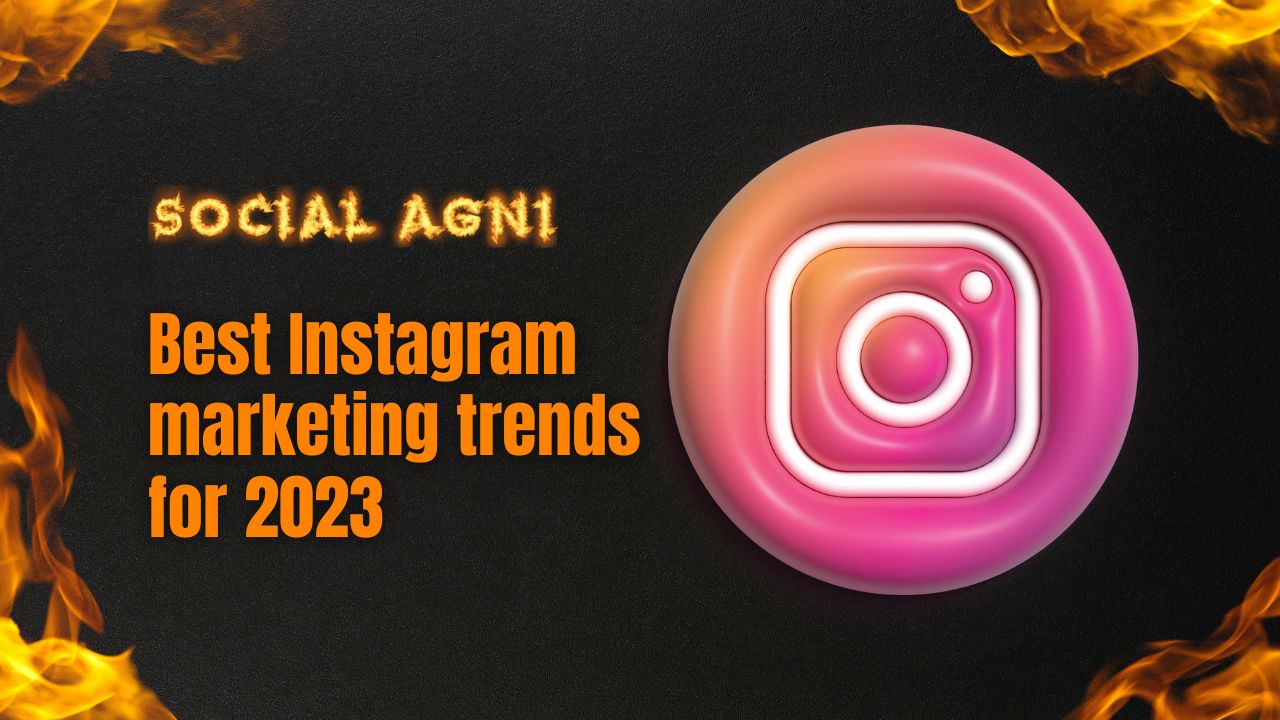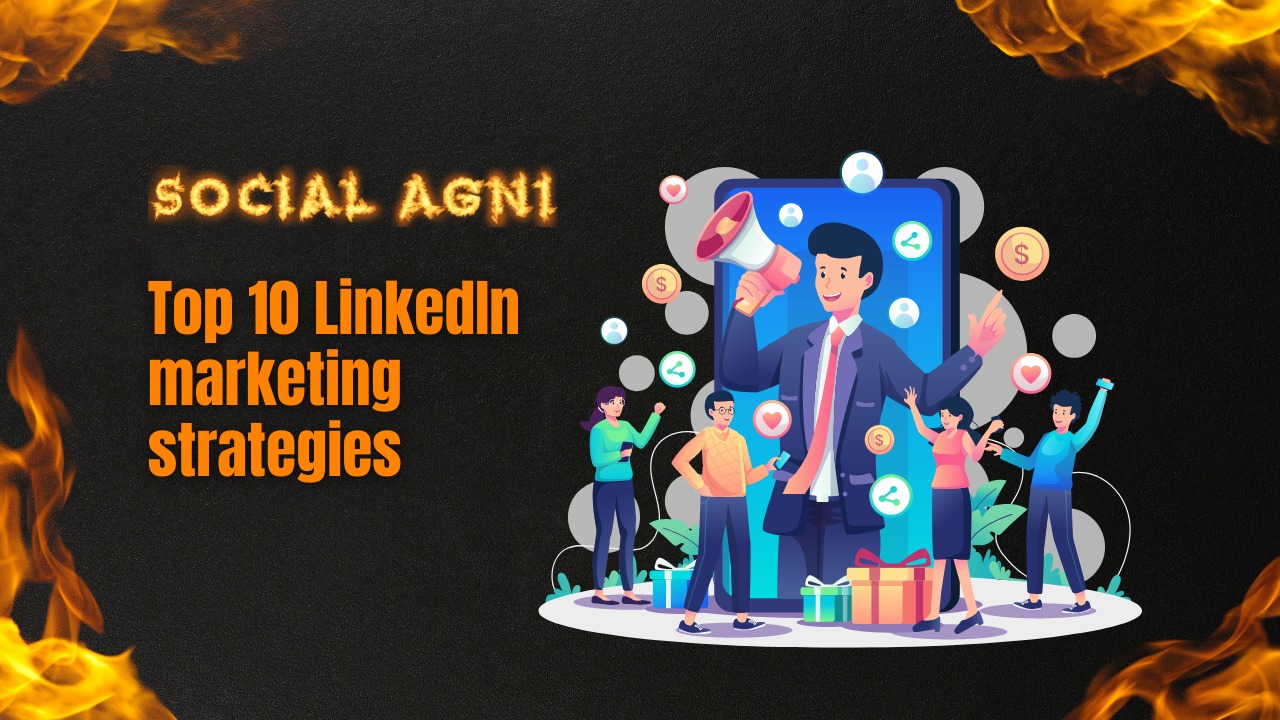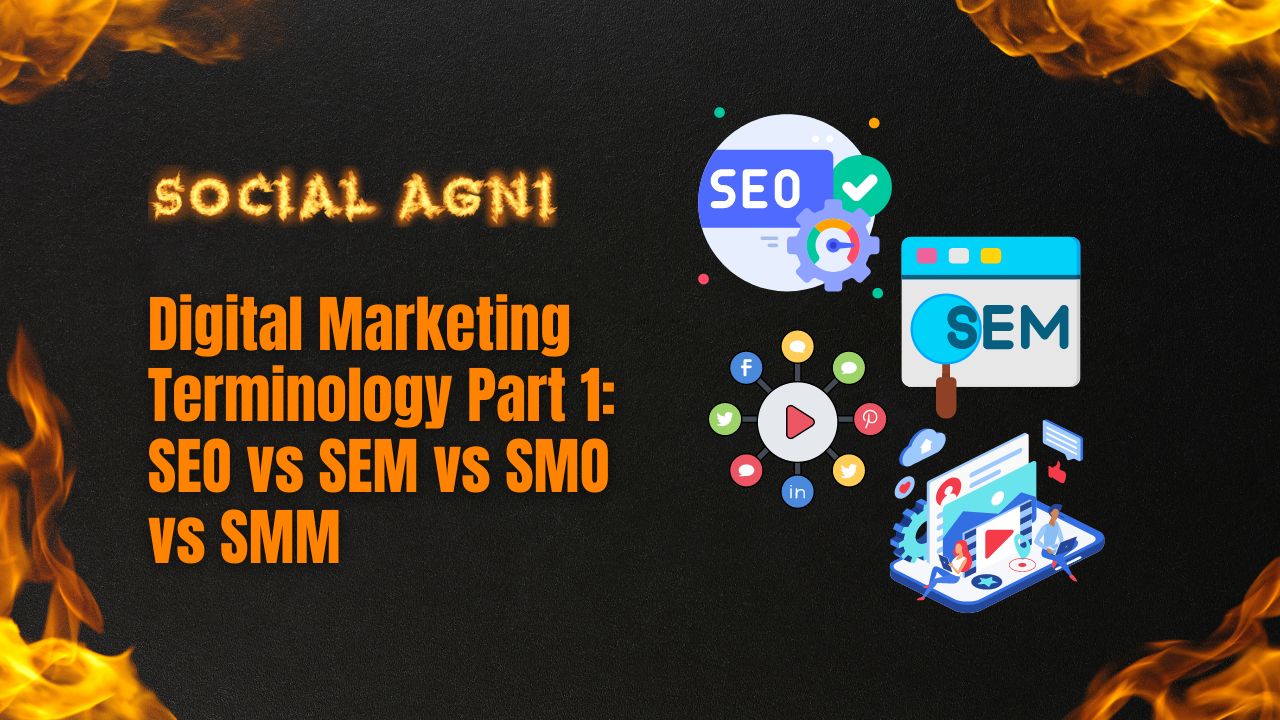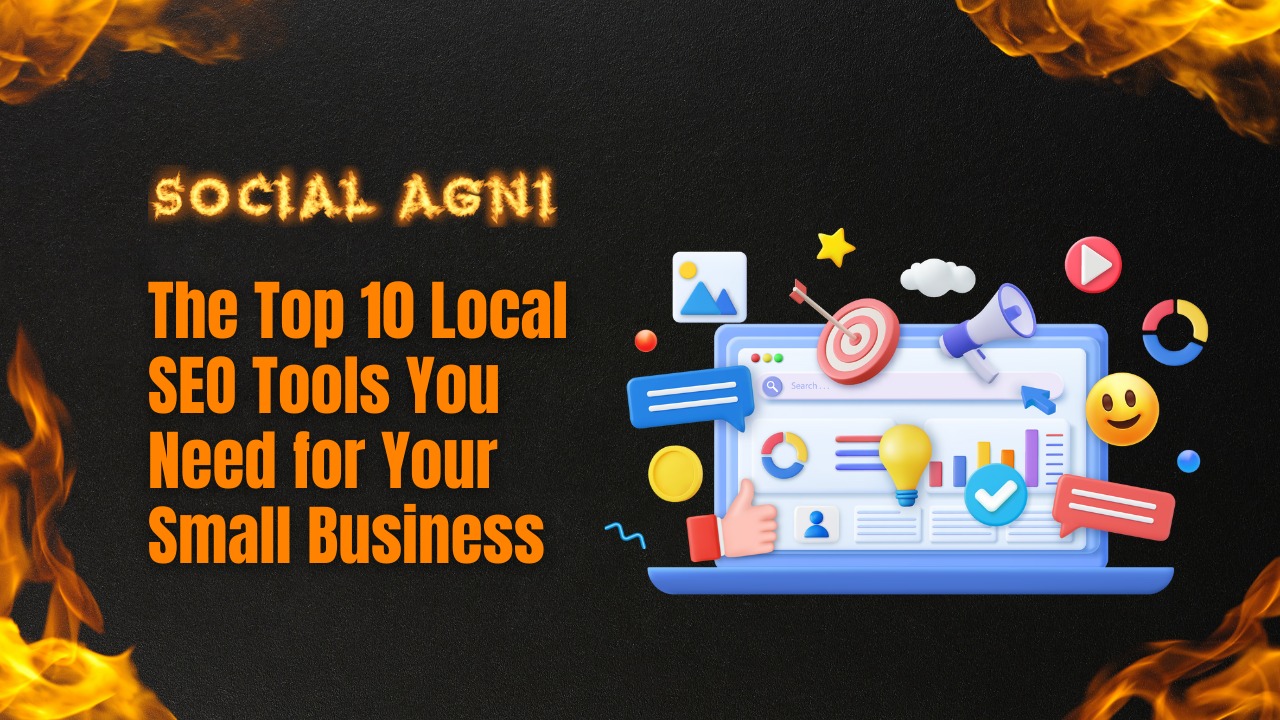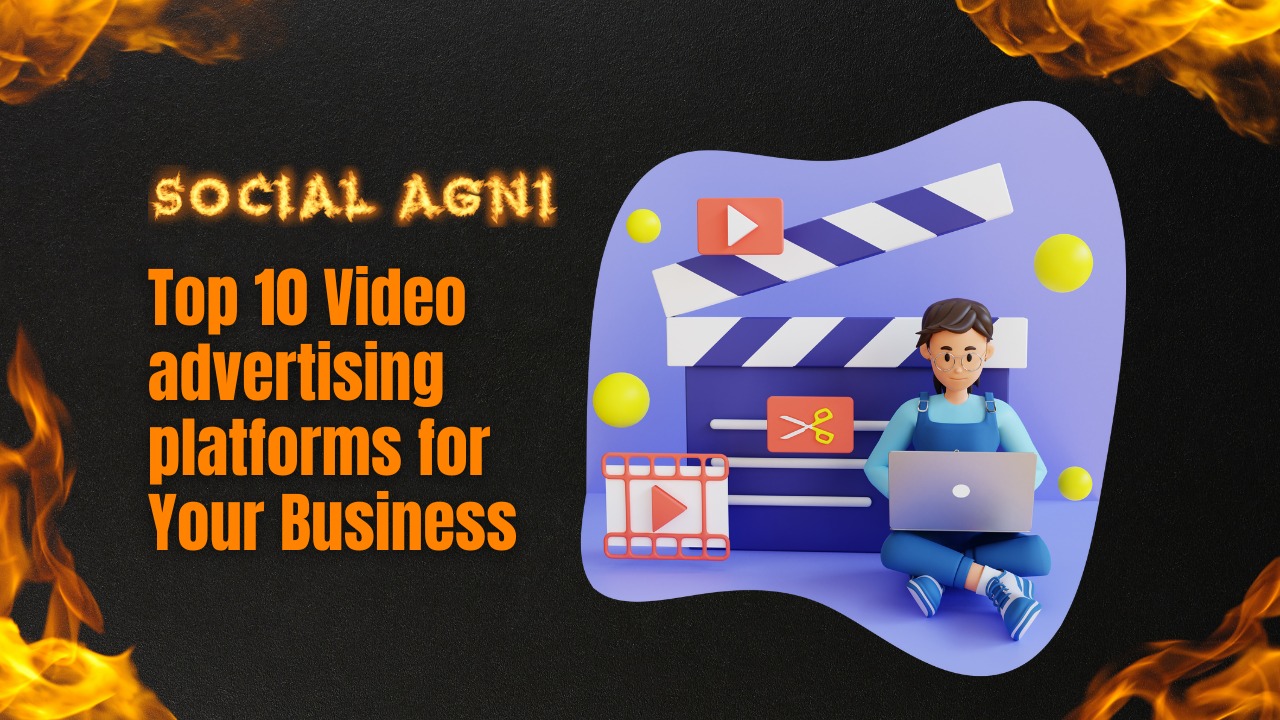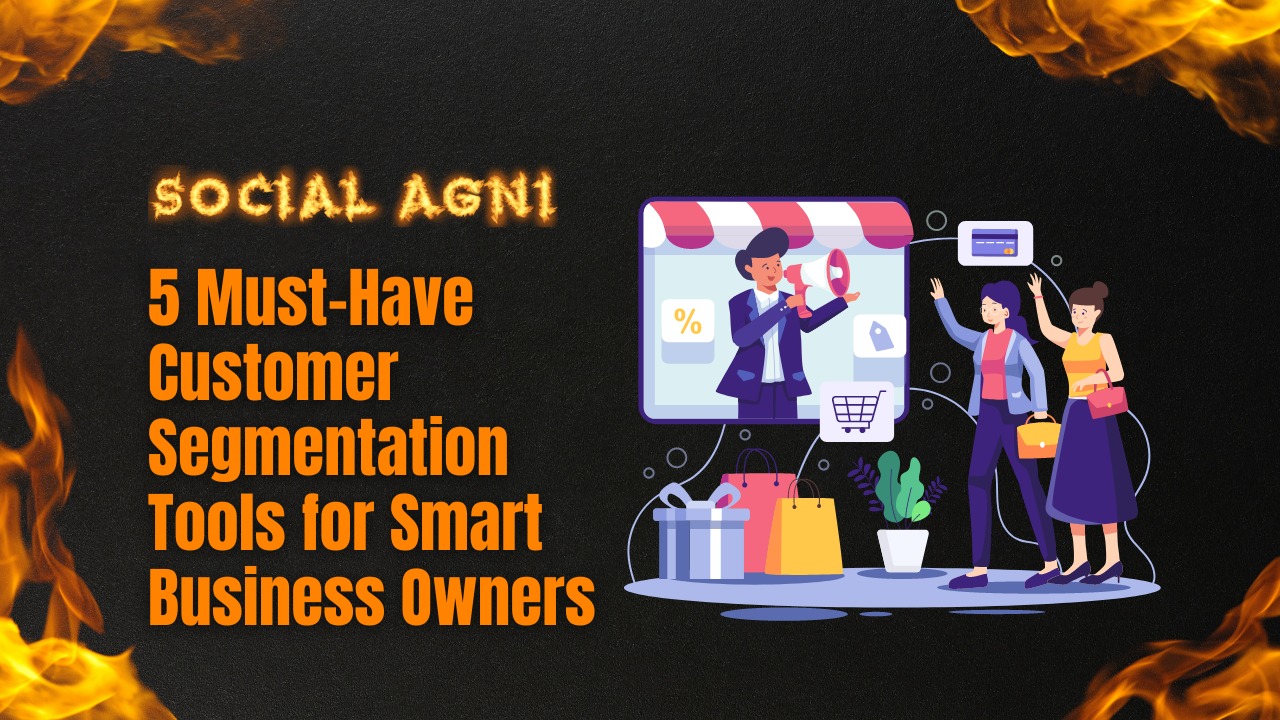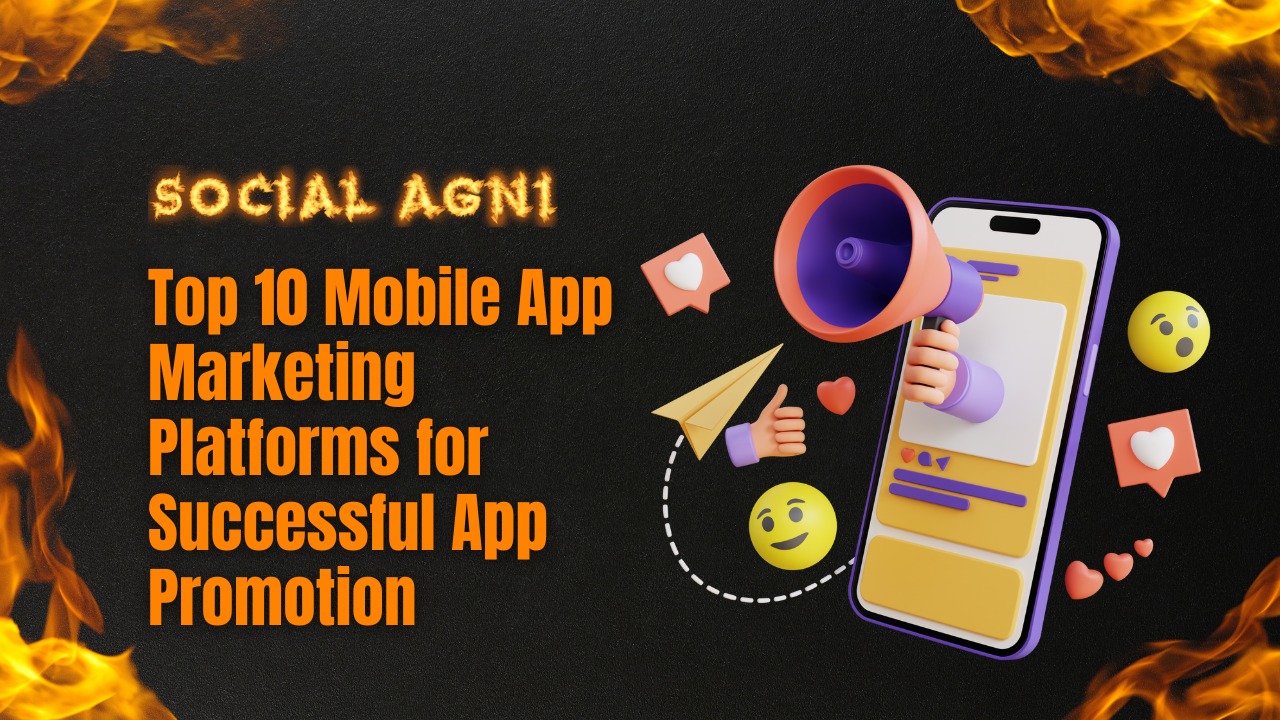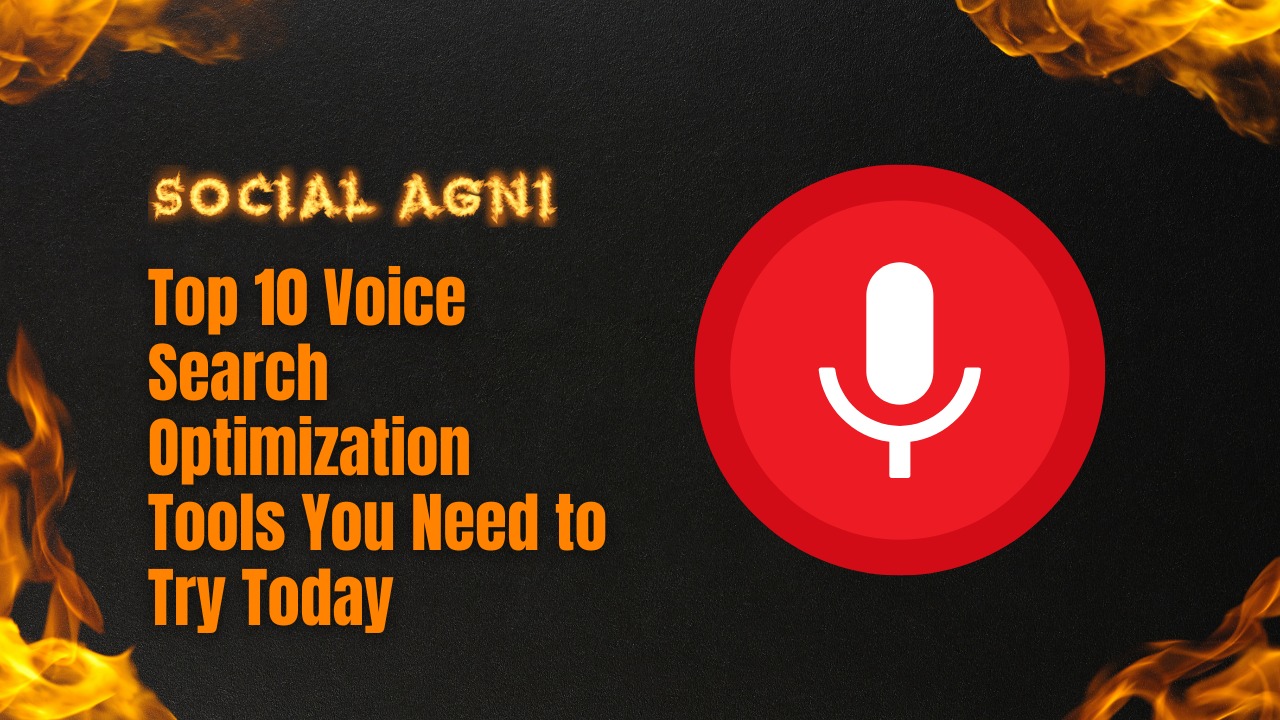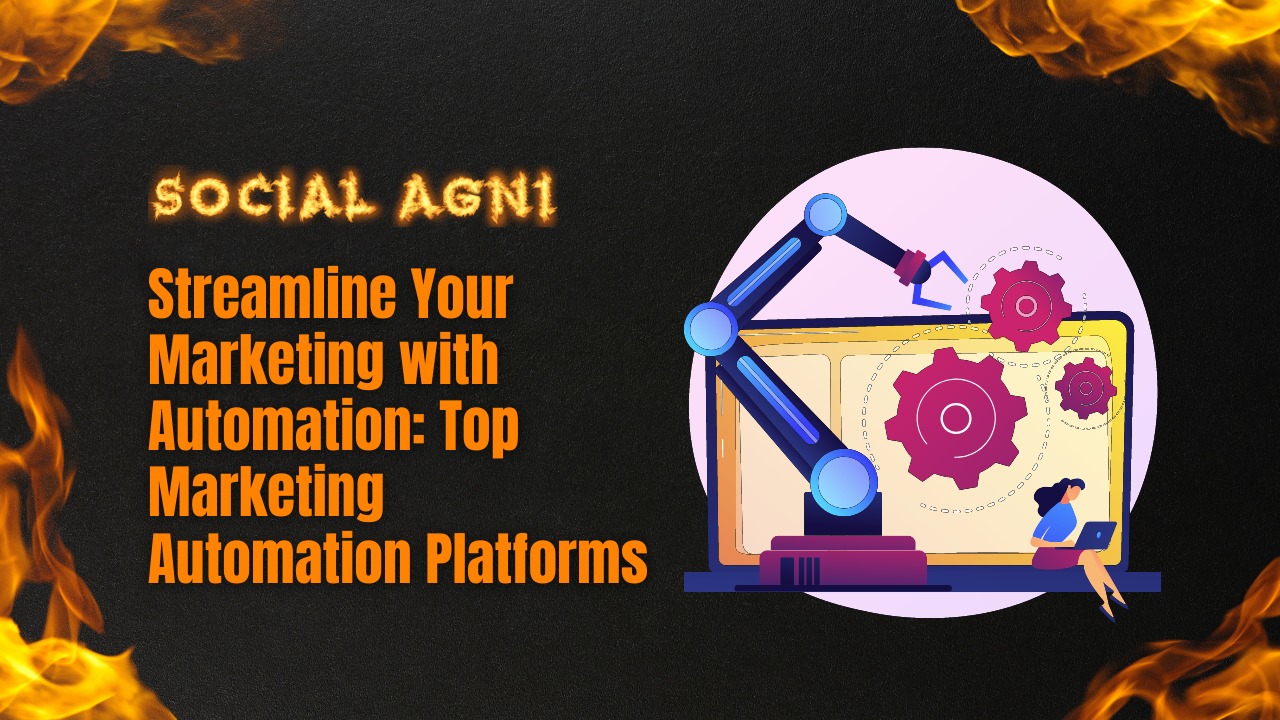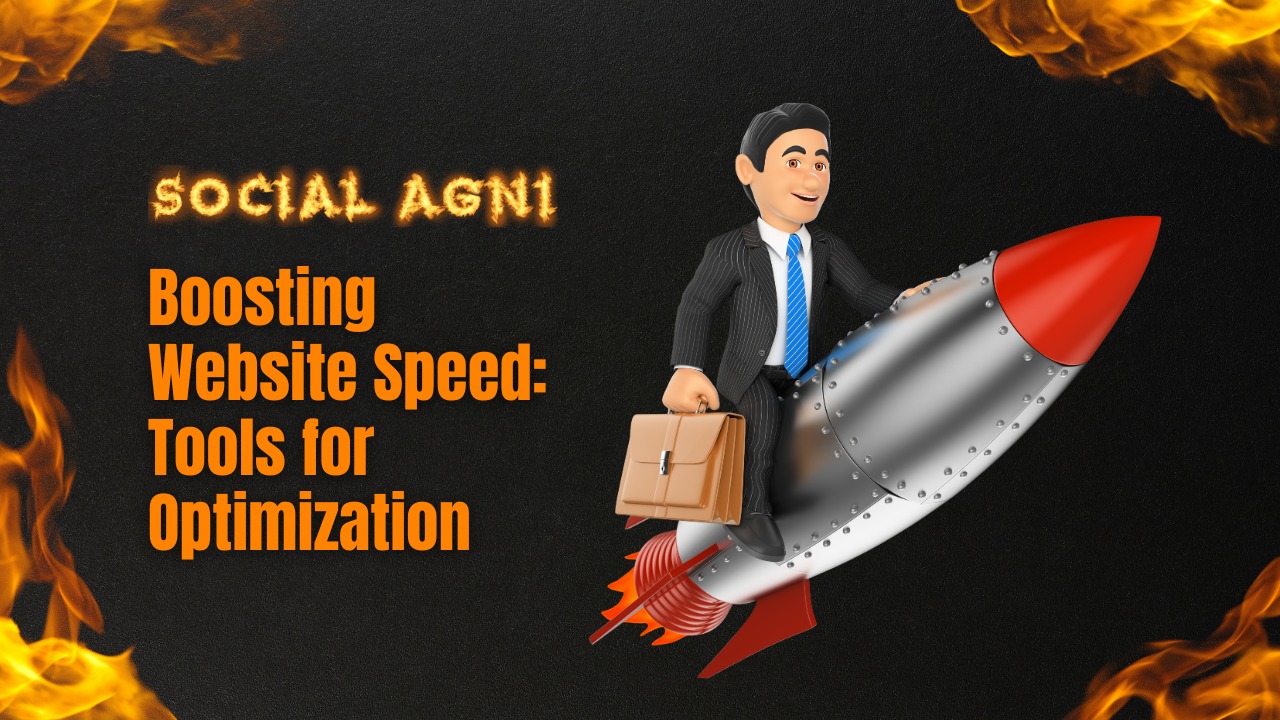Pay-Per-Click (PPC) advertising is a strong tool for businesses to reach their target audience and create results in digital marketing. Businesses need strong digital strategies to keep ahead of the competition and change customer behavior. PPC advertising provides instant visibility, accurate audience targeting, and measurable results.
Pay-Per-Click (PPC) advertising charges advertisers per click. PPC lets companies buy website visitors, unlike organic search engine optimization (SEO). PPC advertisements can appear on SERPs, social media, websites, and online advertising networks.
PPC is crucial to digital marketing. It gives businesses fast visibility and results. PPC advertisements appear at the top of search engine results pages within hours of campaign creation, unlike traditional marketing approaches that take time. Instant visibility boosts website traffic and client acquisition.
PPC advertising may accurately target certain populations. Demographics, hobbies, and search activity let advertisers target their ideal consumers. Businesses may boost advertising efficiency by targeting the correct audience at the right moment. This tailored method guarantees that advertising is shown to the most probable customers, improving conversions and revenues.
PPC advertisements are also affordable and adaptable. Advertisers set daily or monthly budgets. PPC lets businesses pay only when their advertisements are clicked, unlike traditional advertising tactics that demand large upfront commitments. Pay-per-click advertising is cost-effective for businesses of all sizes since it links advertising costs to campaign results.
PPC advertising performs analytics, fast results, and exact audience targeting. Advertisers may track clicks, impressions, conversions, and ROI. These insights help companies make data-driven decisions, optimize campaigns, and improve advertising tactics.
In conclusion, digital marketing relies on PPC advertising, which benefits firms. PPC helps businesses reach their target audience with instant results, customized advertising, and cost-effective budgeting. In today’s competitive digital marketplace, PPC may help businesses boost their online presence, acquire clients, and reach their marketing goals.
What is PPC in Digital Marketing?
A. Definition of PPC
PPC is an online advertising approach where marketers pay per click. It buys website views instead of obtaining them naturally. PPC advertisements appear on SERPs, social media, websites, and online advertising networks.
B. How PPC works
PPC campaigns are keyword-targeted. Advertisers bid on product-related keywords. The search engine shows relevant advertising for such terms. Quality and bid amount decide on ad position.
C. PPC’s importance in digital marketing:
PPC is crucial for several reasons. It gives firms rapid visibility and effective audience reach. PPC advertising may reach potential clients immediately, unlike other marketing tactics that take time.
PPC also lets companies target advertising by demographics, interests, and search activity. This customized method shows adverts to people most likely to be interested in the items or services. Businesses may maximize advertising and sales by targeting the appropriate audience at the right moment.
PPC planning and expense control flexibility is other benefits. Advertisers create daily or monthly budgets based on their finances. PPC is cost-effective since marketers only pay when someone clicks on their adverts. This helps companies maximize spending and ROI.
PPC campaigns can also inform marketing tactics. Advertisers may track clicks, impressions, conversions, and ROI. Businesses may use data to make choices, spot patterns, and enhance their advertising campaigns.
PPC is a potent digital marketing technique. It gives firms instant visibility, precision targeting, budget management, and important data. Businesses may improve their online presence, produce quality leads, and meet their marketing goals in today’s competitive digital marketplace by using PPC.
Key Benefits of PPC Advertising
1. Immediate Results and Greater Visibility as a Benefit
Instantaneous results and enhanced visibility are two of the main advantages of PPC advertising. PPC advertisements may be immediately launched and reach the top of search engine results pages (SERPs) within hours, in contrast to organic search engine optimization (SEO), which takes time to establish ranks. This rapid exposure guarantees that potential buyers will see your company clearly, improving the likelihood of clicks, website traffic, and conversions.
2. Targeted Advertising for Accurate Audience Reach
PPC enables companies to precisely target their advertisements so that they reach the right audience. Advertisers may target particular client profiles with their ads by using demographic targeting, keyword targeting, and audience segmentation. Your adverts will be more relevant and have a greater chance of being seen by those who are actively looking for comparable goods and services thanks to this focused approach. You may dramatically increase the efficiency and efficacy of your advertising efforts by addressing the appropriate audience at the right moment.
3. Cost-Effective and Flexible Budgeting
The third benefit, cost-effective and flexible budgeting, is available to businesses of all sizes through PPC advertising. PPC works on a pay-per-click approach as opposed to conventional advertising strategies, which demand substantial upfront commitments. This ensures that your budget is used to fund genuine engagement with your target audience because you only pay when someone clicks on your advertising. Additionally, PPC systems provide customizable budgeting capabilities that let you establish daily or monthly expenditure caps by your advertising objectives and available funds.
4. Measurable and Trackable Performance
PPC advertising offers quantifiable and trackable performance indicators, which is one of its many key benefits. You can track important metrics like clicks, impressions, conversions, click-through rates (CTRs), and return on investment (ROI) using the extensive analytics and reporting capabilities provided by PPC systems. These insights provide you the ability to assess the success of your campaigns, pinpoint areas for development, and make data-driven choices that will optimize your advertising approach.
5. Increased Brand Awareness and Exposure
PPC advertisements not only immediately increase traffic to your website but also help to boost brand awareness and visibility. Your target audience will become more familiar with your business when your adverts frequently show up in pertinent search results, social media feeds, or websites. Even if consumers don’t initially click on your advertising, the recurring exposure can still make an impact and result in conversions or brand interactions down the road.
6. Advantage in Search Engine Rankings Competition
Businesses may obtain a competitive edge in search engine results by using PPC advertising. Even if your organic rankings are not yet optimized, you may earn a top spot in search results by paying for relevant keywords. This increases your chance of collecting clicks and luring potential clients away from your competitors’ websites and places you above them on the page, giving you rapid visibility.
7. Improved Knowledge of Customer Insights and Behaviour
PPC ads offer useful information about consumer behavior, tastes, and market trends. You may obtain a deeper knowledge of whether keywords, ad copy, or landing pages engage with your audience by analyzing the data gathered from your PPC campaigns. To increase outcomes across all marketing channels, you may utilize this insight to improve your entire marketing strategy, optimize the content on your website, and enhance user experience.
In conclusion, PPC advertising has several advantages for firms in the field of digital marketing. PPC gives companies the tools they need to efficiently reach their target audience and provide demonstrable results, from quick results and greater exposure to customized advertising, cost-efficient budgeting, and quantitative performance. Businesses may increase brand awareness, produce quality leads, and maintain an edge over rivals in the cutthroat internet market of today by utilizing the power of PPC.
Conclusion
Pay-Per-Click (PPC) marketing is an essential part of digital marketing and has several advantages for companies. In this post, we looked at PPC’s definition and its role in the field of digital marketing. We also covered the main advantages of PPC marketing, which make it a crucial tool for companies trying to meet their marketing objectives.
Businesses may swiftly reach their target audience and improve website traffic thanks to PPC’s instant results and enhanced exposure. Businesses may interact with people who are most likely to be interested in their products or services because of the capacity to precisely target adverts, which maximizes the effectiveness of their advertising campaigns. Additionally, PPC provides affordable and adaptable budgeting alternatives, enabling companies to manage their spending and receive a good return on investment. Performance tracking and measurement are one of PPC advertising’s unique benefits. Businesses may improve their strategy and make data-driven decisions by using analytics and reporting tools to obtain useful insights into the success of their initiatives.
By continuously including advertisements in pertinent search results and online platforms, PPC advertising also increases brand exposure and recognition. Additionally, it gives firms an edge over rivals in search engine results, enabling them to take top spots and exceed them. PPC campaigns also provide useful information on consumer behavior and market trends, which may be used to improve overall marketing strategy and channel-specific performance.
PPC advertising is a potent instrument that companies should use in their digital marketing efforts, to sum up. Businesses may improve their online visibility, draw in qualified leads, and accomplish their marketing goals in the cutthroat digital environment by using PPC’s quick results, focused advertising, cost-effectiveness, and measurability. In the always-changing digital landscape, using PPC as a component of your marketing strategy may boost exposure, consumer engagement, and company expansion.
Frequently Asked Questions (FAQs)
1. What's PPC advertising?
PPC advertising charges advertisers per click. Businesses can buy website visitors instead of gaining them naturally.
2. PPC advertising platforms?
Google, Bing, Facebook, Twitter, and other internet advertising networks offer PPC advertising.
3. How does PPC targeting work?
Keywords, demographics, interests, and geography determine PPC targeting. Advertisers may focus their adverts on particular audiences.
4. What are PPC keywords?
Advertisers bid on keywords to activate advertising. These keywords match user search queries and relate to their products or services.
5. How is PPC different from SEO?
SEO improves organic search engine ranks, whereas PPC is paid to advertise. SEO takes time and optimization, whereas PPC is visible immediately.
6. PPC advertising cost?
Competition, industry, and ad quality affect PPC advertising costs. Advertisers establish budgets and bids and pay-per-click.
7. Why is PPC advertising better than conventional advertising?
PPC delivers instant results, accurate targeting, flexible spending, and demonstrable success. PPC advertising lets firms directly reach their target demographic and track campaign performance.
8. How can I evaluate my PPC campaigns?
PPC solutions measure clicks, impressions, conversions, and ROI via analytics and reporting capabilities. These measures assess campaign success.
9. Can PPC boost my website's SEO?
PPC advertising at the top of SERPs can boost your website’s visibility. When organic rankings are still forming, this can enhance awareness immediately.
10. Can small businesses afford PPC?
PPC works for small enterprises on a budget. Businesses may establish spending limitations, and the pay-per-click approach means you only pay when someone clicks on your advertisements, making it cost-effective.
